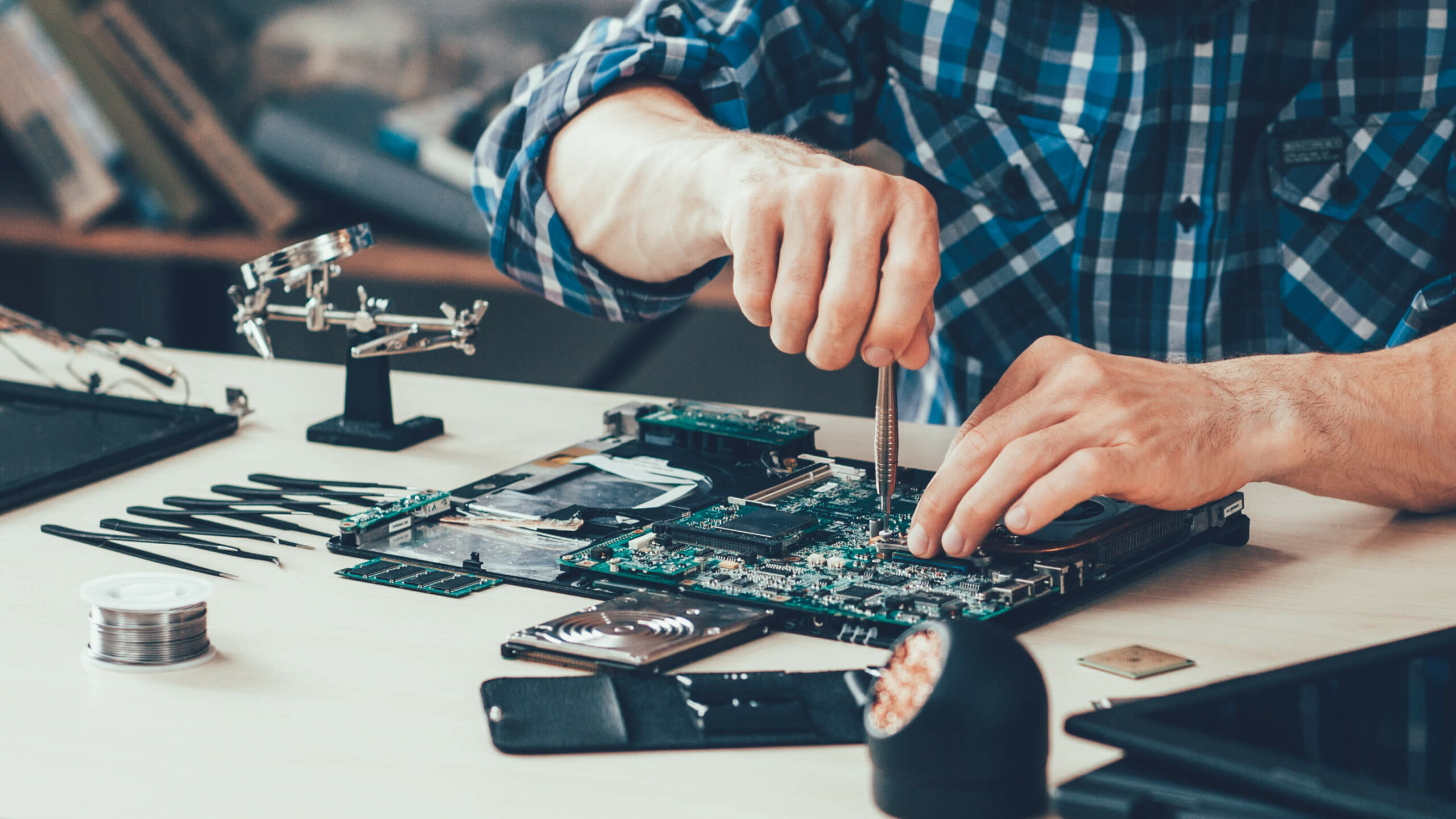Networking technologies and application development for Internet of Things (IoT)
Overall Course Objectives
The course will let students obtain in-depth knowledge of Internet of Things, including architecture, protocols, and challenges, and gain valuable full-stack hands-on experiences on embedded hardware development, application development and service deployment. Focus will be on networking technologies relevant for IoT applications and how to select and evaluate a suitable communication platform for a specific project. Device to device communication and ad-hoc networking will be discussed. The course will provide students with state-of-the-art open-source hardware and cloud service tools to build innovative IoT applications/services aiming at increasing energy efficiency, improving quality of life, and/or increasing productivity
Learning Objectives
- Describe the essence and challenges of Internet of Things.
- Evaluate networking protocols for different IoT applications.
- Implement device-device communication.
- Analyse and plan for implementation of optimal networking technology.
- Develop hardware prototype.
- Develop embedded programs to transmit/receive data to/from the IoT device.
- Implement state-of-the-art cloud services in own project.
- Use cloud services to process, analyze and store IoT data.
- Deploy and showcase the developed IoT system and application.
- Document project work in scientific paper format.
Course Content
Introduction to architectures, protocol principles, and challenges of IoT. Low Power Wire Area Network (LPWAN) networking technologies such as LoRa, LoRaWAN, NBIoT, LTE-M, SigFox, and simple device-device RF connections. Circuit board prototyping using Arduino with sensor devices, including temperature sensor, light sensor, vibration sensor, forcing sensor, geolocation etc. The students will be planning and developing their own projects in groups and evaluated from a report documenting. Example topics: Geolocation, EHealth, Medical parameter monitoring and automation. C programming on Arduino IDE to implement simple data collection, loop control, and data communication with MQTT, Bluetooth Low Energy, Smart, etc. Device authorization and network security. IoT cloud services such as Amazon AWS or Microsoft Azure to process, analyze and store the data from the IoT device, with network security. Evaluation is done as an overall evaluation based on report, exercises, and presentation of prototype.
Students are expected to have basic knowledge about communication technologies, and -protocols, as well as basic Arduino knowledge or experience. No expenses are needed for books but students are expected to invest in an Arduino sensor kit (~300 DKK)
Teaching Method
Lab work / Lectures
Faculty
Limited number of seats
Maximum: 40.
Please be aware that this course has a limited number of seats available. If there are too many applicants, a pool will be created for the remainder of the qualified applicants, and they will be selected at random. You will be informed 8 days before the start of the course, whether you have been allocated a spot.



